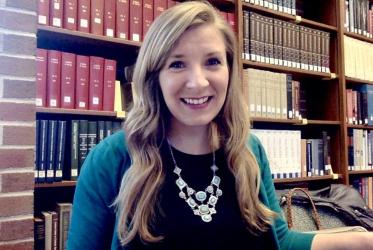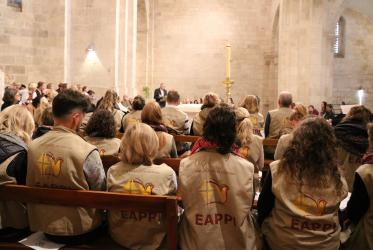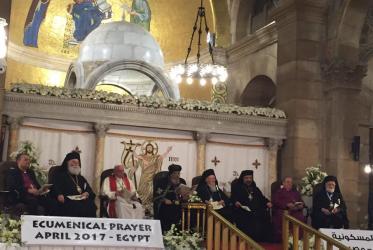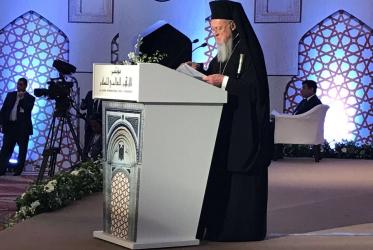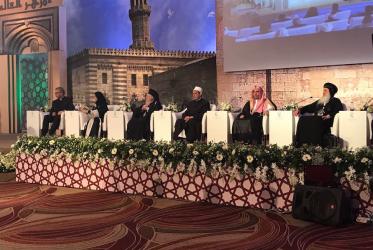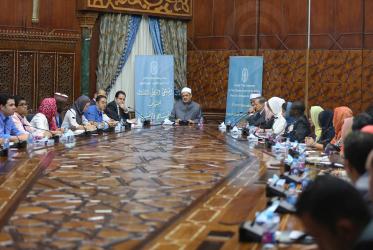Displaying 41 - 60 of 76
Faces of Hope raises awareness
07 March 2018
Dialogue on sacred texts yields peace-building insights
31 August 2017
Women in development create space for hope in Egypt
15 June 2017
‘Love is stronger than hate’
02 May 2017
Historic ecumenical prayer in Egypt for peace and unity
30 April 2017
WCC gravely concerned over Israel’s travel ban
09 March 2017
Praying for one another, even when we disagree
02 March 2017
In Syria and Iraq, minorities must come out of the darkness
28 November 2016
Grand Imam calls for collaboration against violence and poverty
06 October 2016
WCC general secretary reflects on peace in Palestine and Israel
20 September 2016
Seminar will address youth engagement, religion and violence
19 August 2016
